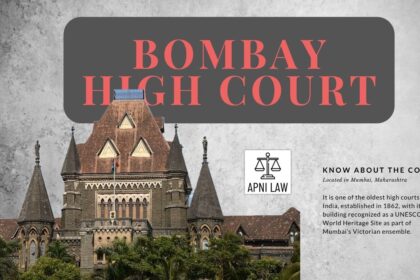Case Ruling – Woman’s Right to Shared Household Remains Valid Even In Absence Of Domestic Violence
The Delhi High Court has ruled that a woman’s right to a shared household under Section 17 of the Protection of Women from Domestic Violence Act, 2005 (DV Act) remains valid even in the absence of domestic violence.
Justice Neena Bansal Krishna held that a complaint under Section 12 of the DV Act is maintainable. This is even if there is no evidence of domestic violence. The court dismissed a plea filed by a husband and his parents seeking to quash his wife’s complaint under the Act.
Background of the Case
The case involved a petition filed by an Indian Army officer and his parents against his wife’s complaint under the DV Act. The petitioners argued that the complaint was time-barred. The Magistrate in Delhi lacked jurisdiction, and that there was no evidence of domestic violence.
The wife, however, contended that she was forced to move to Delhi after their separation. Additionally, her permanent residence was her parental home in the city. She sought protection, a residence order, monetary relief, child custody, and compensation under the DV Act.
Court’s Stand on Limitation
The petitioners argued that the complaint was barred by limitation. However, the High Court held that the limitation period under Section 468 of the Criminal Procedure Code does not apply to complaints under Section 12 of the DV Act.
The court clarified that limitation would only apply if there was a breach of a protection order under Section 31 of the DV Act. Since that was not the case here, the complaint was not time-barred.
Territorial Jurisdiction
The petitioners also challenged the jurisdiction of the Delhi court. They claimed that the couple never resided together in the city. The wife countered that she was temporarily posted in Delhi when she filed the complaint. Moreover, her permanent residence was with her parents in Delhi.
The High Court referred to Section 27(1) of the DV Act. This allows a Magistrate to entertain a case where the aggrieved person permanently or temporarily resides. Since the wife was reporting to the Army Aviation Directorate in Delhi at the time of filing, the court ruled that territorial jurisdiction was valid.
Averments of Domestic Violence
The petitioners claimed that the allegations of domestic violence were vague. However, the court noted that the DV Act covers not just physical abuse but also mental. It also covers emotional, and economic abuse. It emphasized that the law provides multiple reliefs, including protection orders, residence orders, monetary support, and child custody.
Conclusion
The Delhi High Court reaffirmed that a woman’s right to a shared household is not dependent on proving domestic violence. It ruled that the wife’s complaint was maintainable and dismissed the petition filed by her husband and in-laws. This decision strengthens the legal protection available to women under the DV Act, ensuring their right to residence remains intact.








